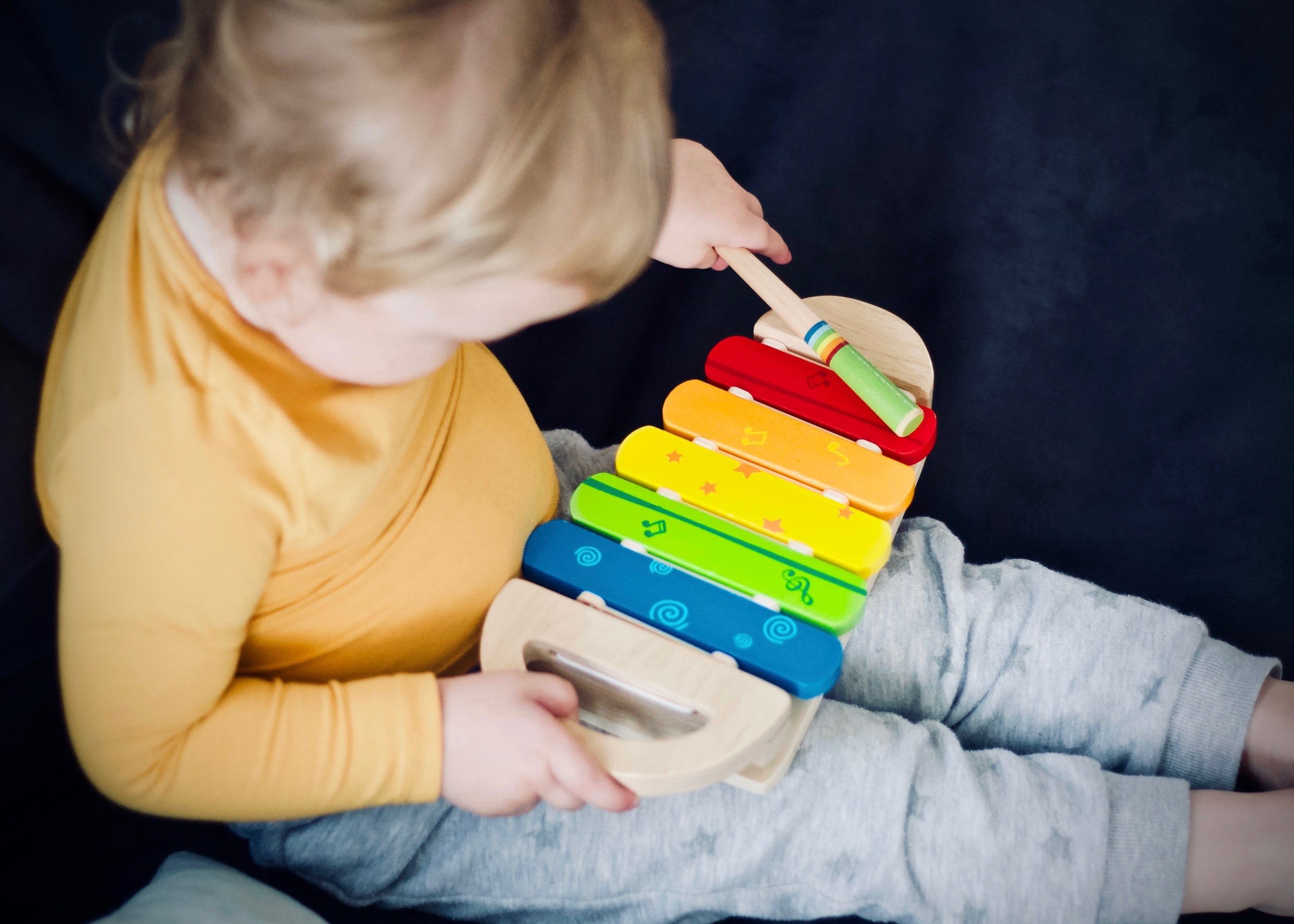
MUSIC EDUCATION
FOR KIDS
The combination of Dalcroze, Orff, and Kodaly systems aim to sensitise children; enhance emotional intelligence; cultivate cooperation; and develop creative imagination, musical senses, physical movement, and originality of thought. By participating in a range of artistic activities based on the combination of music, movement, and speech, children can learn to deeply understand and enjoy music. In this way, they gain mental and spiritual supplies, which will accompany them throughout their lives.
The MHC’s Kinetic Music Education Department is a complete experiential and learning introduction to the education of the art of music. During the year, we focus on the following areas:
1. Notes and Rhythm: We start with the introduction to the musical stave, the coloured notes, and the rhythmic patterns, and we end with the first solfeggio songs that we compose and sing together in the classroom.
2. Properties of Sound: Every sound colour we create and every fluctuation of volume and duration of the sound we make in the classroom is transformed into a tool of creativity, imagination, aesthetics, and musical expression by children.
3. Musical Adventures and Acquaintance with the Great Composers: Authentic works of Classical music come to life in the classroom. Their stories become our musical adventures, full of action and adventure. Mozart, Beethoven, and other great composers share with us the inspiration, passion, and genius of their music, thus uniting the past with the present in an inseparable musical relationship of life with children.
4. Organ Knowledge and Constructions of Musical Instruments: We explore the various musical instruments from antiquity to the present day. How did people play music in the past and what was their need for music? How did we get to today’s symphony orchestra? With our guide to these and other questions, we explore the history and evolution of the instruments. We learn all of the families of musical instruments and what instruments they consist of, we watch live performances, and we all play in the class one-by-one all of the instruments that are taught in our conservatory. This is how we experientially discover their true feeling and image!
5. Ethnic and Traditional Music: We will acquaint participants with ethnic and traditional music through a musical journey “around the world”!
In this way, the choice is made about which musical instrument each child wants to know and learn, creating a lifelong relationship with the art of music.
Through the following lessons of Music-Motor Education, the children discover the magical world of music:
Creative artistic activities.
Specially designed musical-theatrical games and improvised musical constructions.
Active listening to music and the combination of music, movement, and song.
BABY MUSIC PLAY: Parents with children aged 1.5 to 2.5 year
Saturday at 10:30am & Tuesday at 5:00pm
Numerous research studies have shown that children who come into contact with music from a very young age (even newborns) develop personalities endowed with freedom of expression, creativity, imagination, and high levels of emotional intelligence. Together, let’s explore and cultivate this special and wonderful relationship of your child with music! A wide variety of special musical instruments will accompany our rhythmic games. Sound stories, melodies, song, and imagination will guide us and take us on a journey in every lesson!
TODDLER MUSIC PLAY: Children aged 3 to 4 years
Saturday at 11:30am and Tuesday at 6:00pm
KIDS MUSIC PLAY: Children aged 4 to 6 years
Children aged 4 to 5 years every Saturday at 1:00pm and Tuesday at 7:00pm
Children aged 5 to 6 years every Saturday at 2:00pm